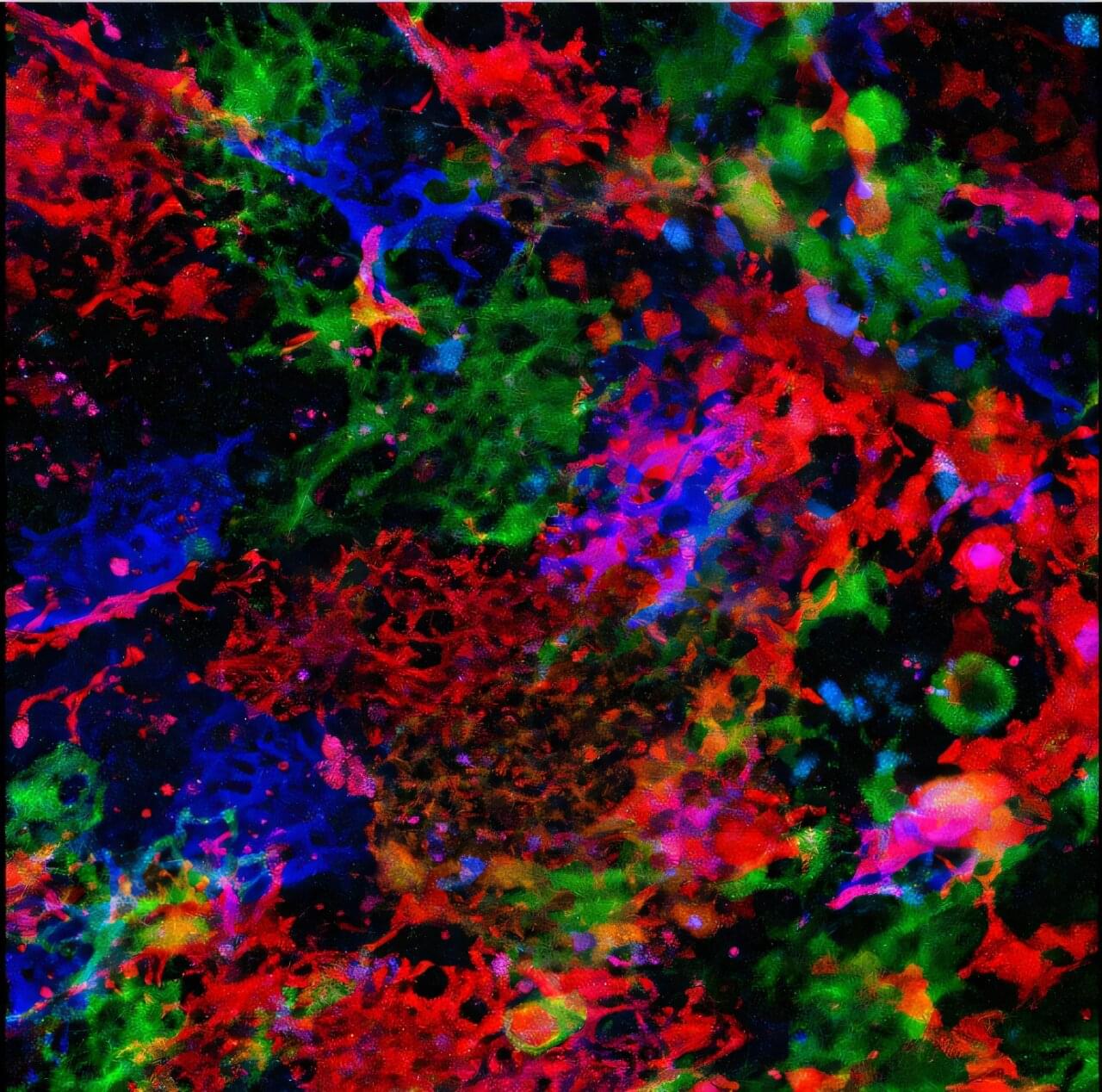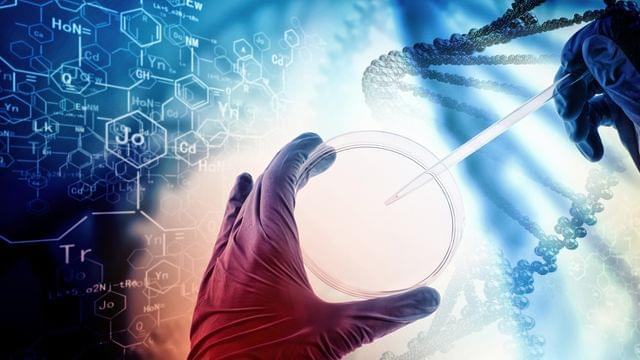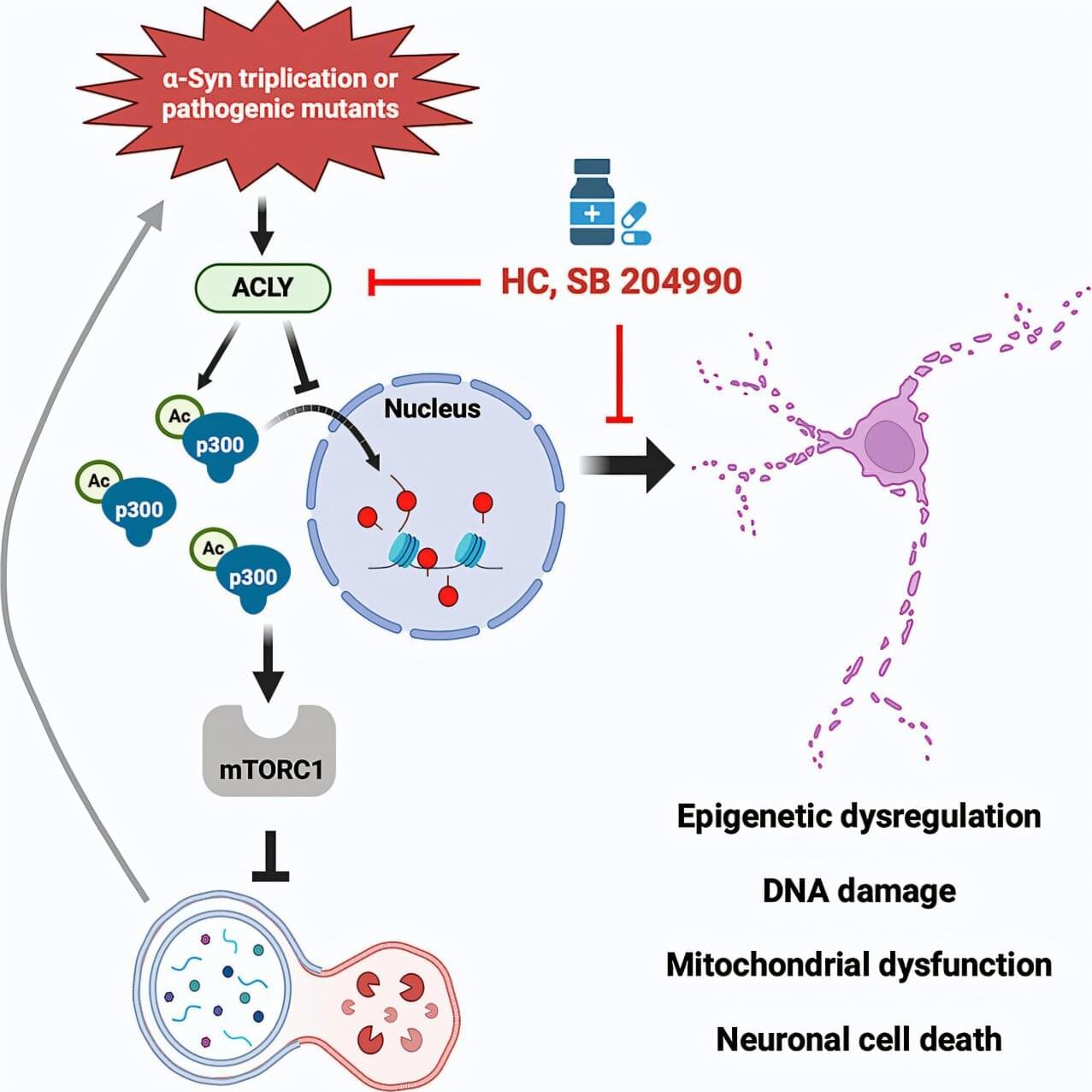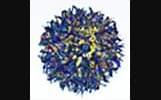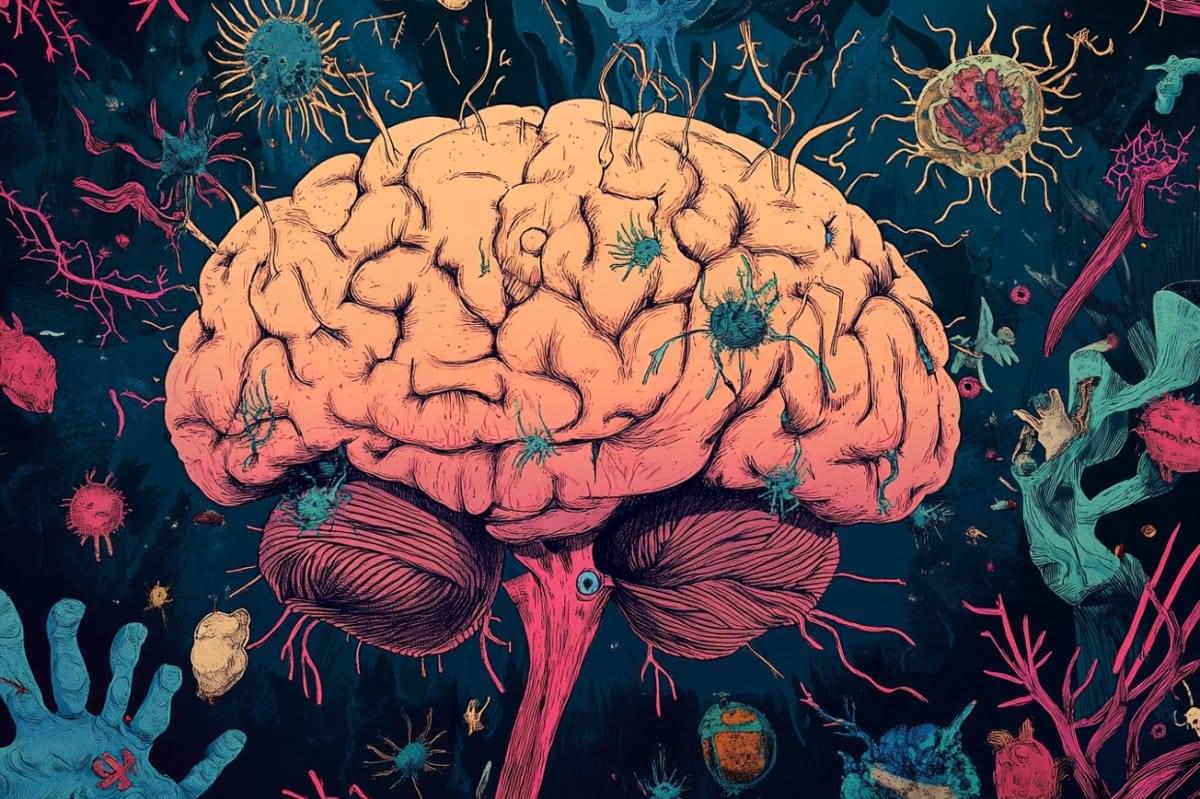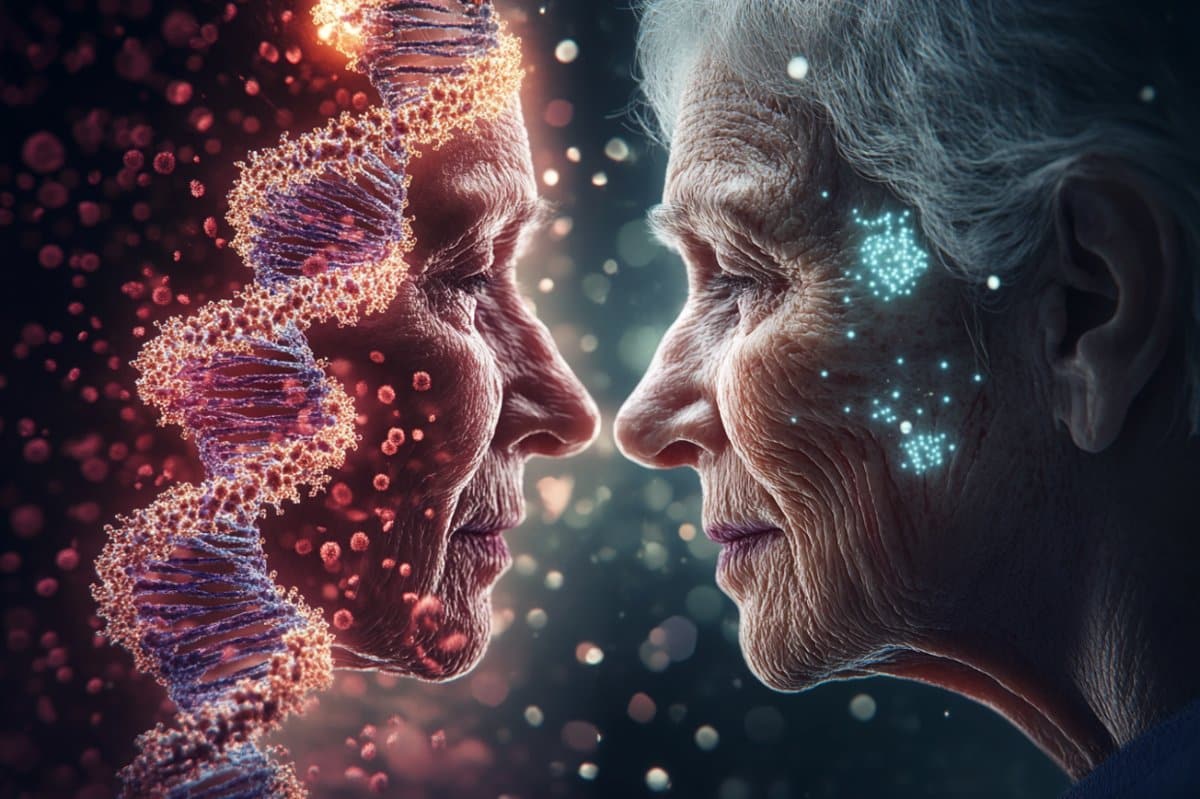The thymus is a crucial training ground for T-cells, the body’s “white knights,” where they learn to battle the various diseases they may encounter. Thymic function shrinks to nearly nothing as we age, severely limiting our ability to recognize and defend against cellular infiltrators.
Scientists at the University of Texas Health Science Center at San Antonio (UT Health San Antonio) discovered a crucial pathway in the thymus that determines the rate of growth and functional preservation. Surprisingly, this pathway appears to act through both indirect and direct methods. Understanding these functions could help produce treatments that preserve thymic function for longer, boosting the immune system’s power to fight disease.
A UT Health San Antonio-led study, published in Nature Aging in February 2025, highlights the role of the peptide hormone fibroblast growth factor 21 (FGF21) in regulating T-cells and, potentially, preserving thymic size over time.
